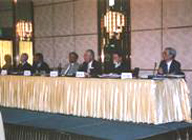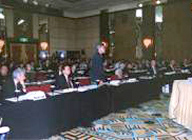Asia-Pacific Forum 2010
| Date | October 11-12, 2010 |
|---|---|
| Venue | InterContinental Wellington 2 Grey Street Wellington 6011, New Zealand TEL: +64(4)472-2722 FAX: +64(4)472-4724 URL: http://www.intercontinental.com/intercontinental/en/gb/locations/wellington |
| Sponsors | Japan Economic Foundation(JEF) Jiji Press Bldg. 11F, 5-15-8 Ginza Chuo-ku, Tokyo 104-0061 Japan TEL: +81(3)5565-4824 FAX: +81(3)5565-4828 URL: http://www.jef.or.jp New Zealand Institute of International Affairs (NZIIA) c/- Victoria University of Wellington PO Box 600, Wellington 6140 New Zealand TEL: +64(4)463-5356 FAX: +64(4)463-5437 URL: http://www.victoria.ac.nz/nziia |
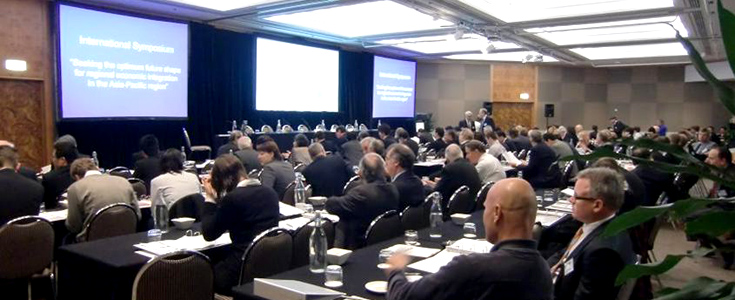
Asia-Pacific Forum 2010More Pictures
Topics"Seeking the optimum future shape for regional economic integration in the Asia-Pacific region"
Session 1: The contribution of FTAsPresenters-Mr. J. Jayasiri, Senior Director, Economic and Trade Relations, Ministry of International Trade and Industry of Malaysia
-Prof. Robert SCOLLAY, Associate Professor and Director of the APEC Study Centre, The University of Auckland
The Contribution of FTAs to Regional Economic Integration
-Prof. DJISMAN Simandjuntak, Executive Director, Prasetiya Mulya Business School, and Chairman, Board of Directors, CSIS Foundation
S EAST ASIA INTEGRATION AND COOPERATION
-Mr. Makoto SHIOTA, Deputy Director-General, for International Regional Policy, Trade Policy Bureau, Ministry of Economy, Trade and Industry (METI) Japan
FTA in Asia-Pacific Region
Discussant-Dr. Sangkyom KIM, Senior Research Fellow, Department of Trade and Investment Policy, and Executive Director, Korean National Center for APEC Studies, Korea Institute for International Economic Policy (KIEP)
-Prof. Shujiro URATA, Professor of International Economics, Graduate School of Asia-Pacific Studies, Waseda University
Session 2: The post-financial and economic crisis and FTAs - How is the international system coping in the post-economic crisis period; next step?Presenters-Prof. QIN Yaqing, Professor and Executive Vice president, China Foreign Affairs University
Rebalancing Growth
-Prof. Simon SC TAY, Chairman, Singapore Institute of International Affairs (SIIA)
-Dr. Mignonne Man-jung CHAN, Assistant Professor, Graduate Institute of the Americas, Tamkang University
Post-Financial Crisis & Asia's Roles
-Prof. Gary HAWKE, Emeritus Professor, Victoria University of Wellington
G.Hawke The post-financial and economic crisis and FTAs
G.Hawke The post-financial and economic crisis and FTAs(PPT)
Discussants-Mr. Tony NOWELL, Member, APEC Business Advisory Council (ABAC) New Zealand
Agenda for free trade as a growth driver and response
-Dr. Hank LIM, Senior Research Fellow, Singapore Institute of International Affairs (SIIA)
Outline of Presentation
The Post Financial and Economic Crisis and FTAs
-Dr. Thomas G. AQUINO, Senior Fellow, Center for Research and Communications, University of Asia and the Pacific (Former Senior Undersecretary, Department of Trade and Industry of the Republic of Philippines)
-Mr. Hidetoshi NISHIMURA, Executive Director, Economic Research Institute for ASEAN and East Asia (ERIA)
Session 3: What could be the optimum future shape for regional economic integration in the Asia-Pacific region?Presenters-Mr. Noboru HATAKEYAMA, Chairman and CEO, Japan Economic Foundation (JEF) (Former Vice-Minister for International Affairs, Ministry of International Trade and Industry, Japan)
What Is the Optimum Shape of Future Regional Economic Integration
-Dr. Sangkyom KIM, Senior Research Fellow, Department of Trade and Investment Policy, and Executive Director, Korean National Center for APEC Studies, Korea Institute for International Economic Policy (KIEP)
Regional Economic Integration in Asia-Pacific
-H.E.Amb. ONG Keng Yong, Ambassador-at-Large, Ministry of Foreign Affairs Singapore, and Director, Institute of Policy Studies (IPS)
Can ASEAN Fulfill Its Potential
FUTURE OF ECONOMIC INTEGRATION IN ASIA-PACIFIC
-Prof. Shujiro URATA, Professor of International Economics, Graduate School of Asia-Pacific Studies, Waseda University
Discussants-Prof. QIN Yaqing, Professor and Executive Vice president, China Foreign Affairs University
-Dr. Mignonne Man-jung CHAN, Assistant Professor, Graduate Institute of the Americas, Tamkang University
-Mr. J. Jayasiri, Senior Director, Economic and Trade Relations, Ministry of International Trade and Industry of Malaysia
-Dr. Thomas G. AQUINO, Senior Fellow, Center for Research and Communications, University of Asia and the Pacific (Former Senior Undersecretary, Department of Trade and Industry of the Republic of Philippines)
ParticipantsList
SummarySummary (English)Summary (Japanese)
Chairman's SpeechOpening Speech by Mr. Hatakeyama (October 11, 2010@JEF-NZIIA International Symposium)
The honorable Tim Groser, Minister of Trade, the honorable Russell Marshall, President of the New Zealand Institute of International Affairs, distinguished guests, ladies, and gentlemen:
It is my great honor and privilege to welcome all of you to this International Symposium co-hosted by the New Zealand Institute of International Affairs and my organization, the Japan Economic Foundation.
In March 2003, JEF organized the first international symposium in Singapore jointly with SIIA (Singapore Institute of International Affairs), focusing on a region-wide FTA in East Asia. Since then JEF has held the symposium in Bangkok, Manila, Seoul, Jakarta, Beijing, Kuala Lumpur and Delhi with the cooperation of a think tank or local university from each country. This meeting in New Zealand therefore marks the ninth time the symposium has been held.
There are three phenomena in particular that deserve our attention in terms of efforts to promote FTAs in the region.
The first is that the recovery from the economic crisis since 2007 has not been as strong as anticipated. To get out of the crisis, many countries have implemented economic stimulus packages using governmental spending. Thanks to these packages, the world economy has just about managed to escape a hard landing so far. But these packages were designed to last only a certain period of time. Once their effects wear off, the world economy will decline again. In other words, the global economy has not yet recovered self-sustaining power. Therefore, the world economy needs to be given more stimulus packages. However, using government budgets for this purpose is impossible in many countries because of deteriorated fiscal situations. In these countries, therefore, deregulation, rather than government spending, is necessary to stimulate the economy. However, it will be extremely difficult for these countries to undertake unilateral deregulation to bring about deregulation. Therefore it has become necessary for mutual deregulation to be realized in the negotiations of the WTO. However, it has become obvious that the WTO Doha Development Round Negotiations will not be concluded this year. Accordingly, FTAs will have to play the mutual deregulation role instead.
The second phenomenon is the fact that in the past few years ago the government of South Korea has been very keen to pursue FTAs not only with Asian countries but also with countries in other areas. As you know well, the government of South Korea signed an FTA with the US and initialed with the EU. This new attitude of South Korea toward FTAs has stimulated competition from many countries in the area in terms of seeking FTAs.
The third phenomenon is the signing of an Economic Cooperation Framework Agreement (ECFA) between China and Taiwan last June. A cross-strait ECFA will serve not only to strengthen the economic relationship between China and Taiwan, but should also significantly reduce obstacles to the signing of an FTA with Taiwan's other trade partners that have wanted to have an FTA but have refrained from doing so out of consideration for China. In this sense, the signing of the ECFA between China and Taiwan is highly significant for the rest of the world, particularly for countries in the Asia-Pacific region.
Partly reflecting these three phenomena, there are at least five big regional FTA movements in the region at present. These are the EAFTA, CEPEA, FTAAP, TPP and CJKFTA. I will talk about these movements in greater detail in my presentation in Session 3 this afternoon.
Considering these circumstances, I hope that this symposium will discuss the issues I have just mentioned, including "How should we seek the future shape of regional economic integration in the Asia-Pacific Area?"
On this note, I would like to take this opportunity to express my heartfelt gratitude to the Honorable Russell Marshall of NZIIA, all the distinguished speakers and the panelists and to all the participants who have made this symposium a reality. In particular, I would like to express my sincere appreciation to the Honorable Tim Groser, New Zealand's Minister of Trade, for delivering the keynote speech immediately after my remarks. I am sincerely grateful to him for accepting our invitation despite his busy schedule.
Finally, I would also like to thank all the staff of NZIIA who have contributed greatly to making this symposium happen. I wish all of you an interesting and fruitful discussion.
Before ending my opening remarks, however, I would like to take this opportunity to express our deepest condolences on the passing of Dr. Hadi Soesastro. Among many other things, Dr. Soesastro was an extensive contributor who devoted himself to JEF's International Symposium for many years as a regional leader of Asia-Pacific regional economic integration, beginning with its first event in Singapore in 2003. We deeply regret the loss of a great man of common sense.
I would now like to declare the symposium formally open.
Thank you very much.
2016. NOVEMBER 2015. NOVEMBER 2014. NOVEMBER 2013. NOVEMBER 2013. FEBRUARY 2011. OCTOBER 2010. OCTOBER 2009. SEPTEMBER 2008. OCTOBER 2007. NOVEMBER 2006. NOVEMBER 2005. OCTOBER 2005. FEBRUARY 2004. JANUARY 2003. MARCH

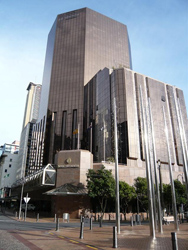
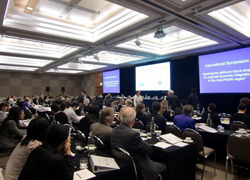
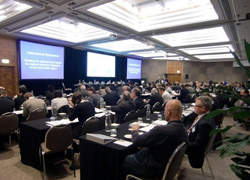
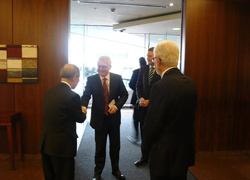
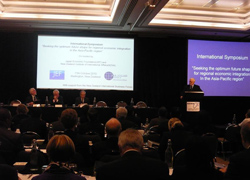
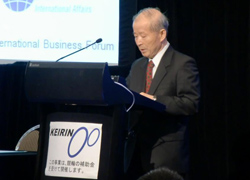
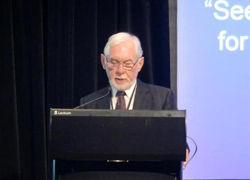
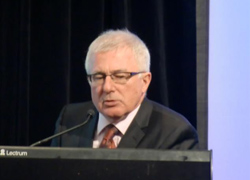
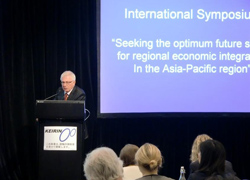
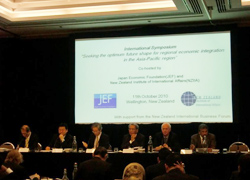
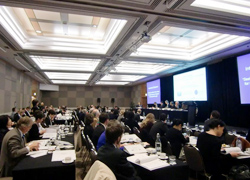
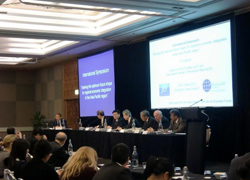
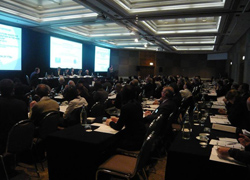
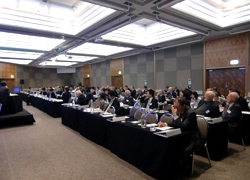


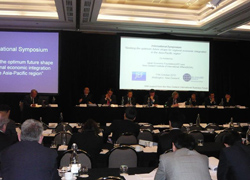
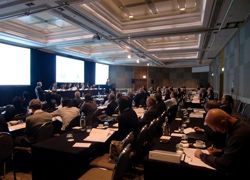
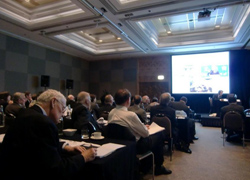
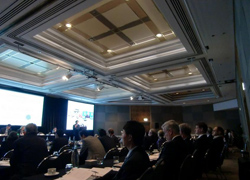
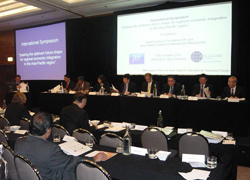
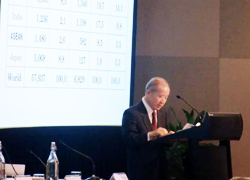
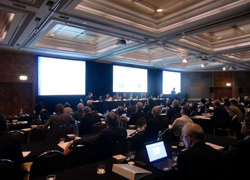
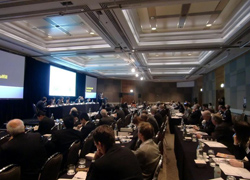
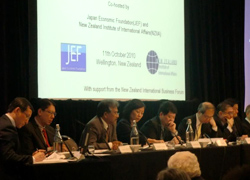
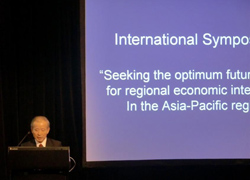
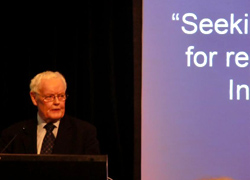
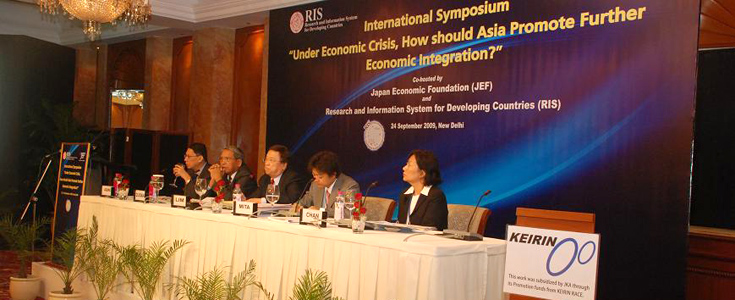
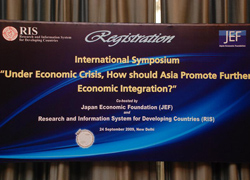
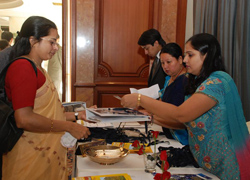
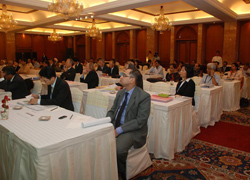
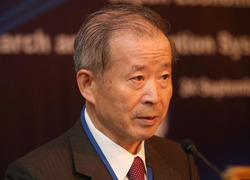
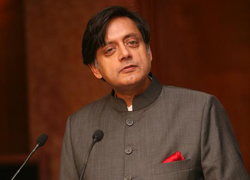
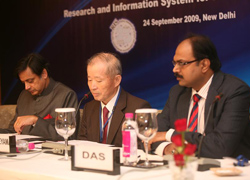
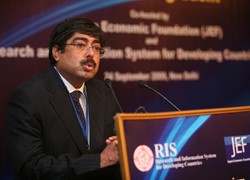
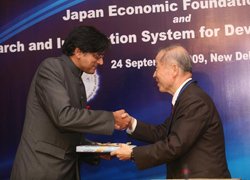
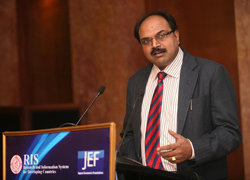
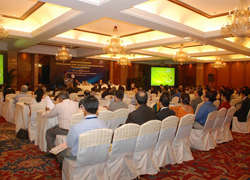
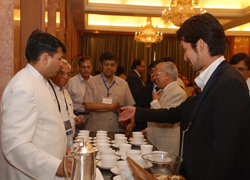
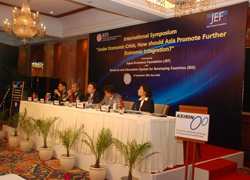
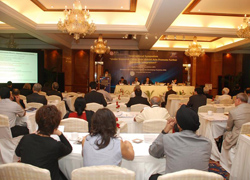
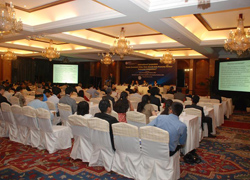
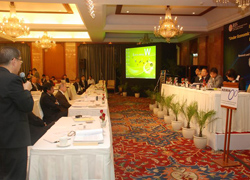
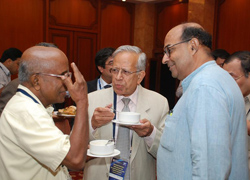
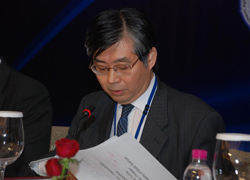
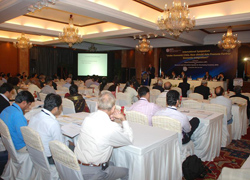
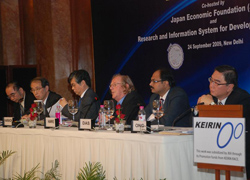
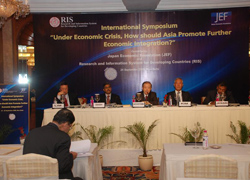
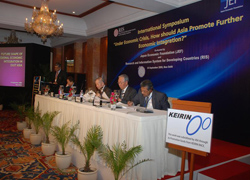
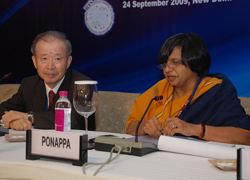
1.jpg)
2.jpg)
